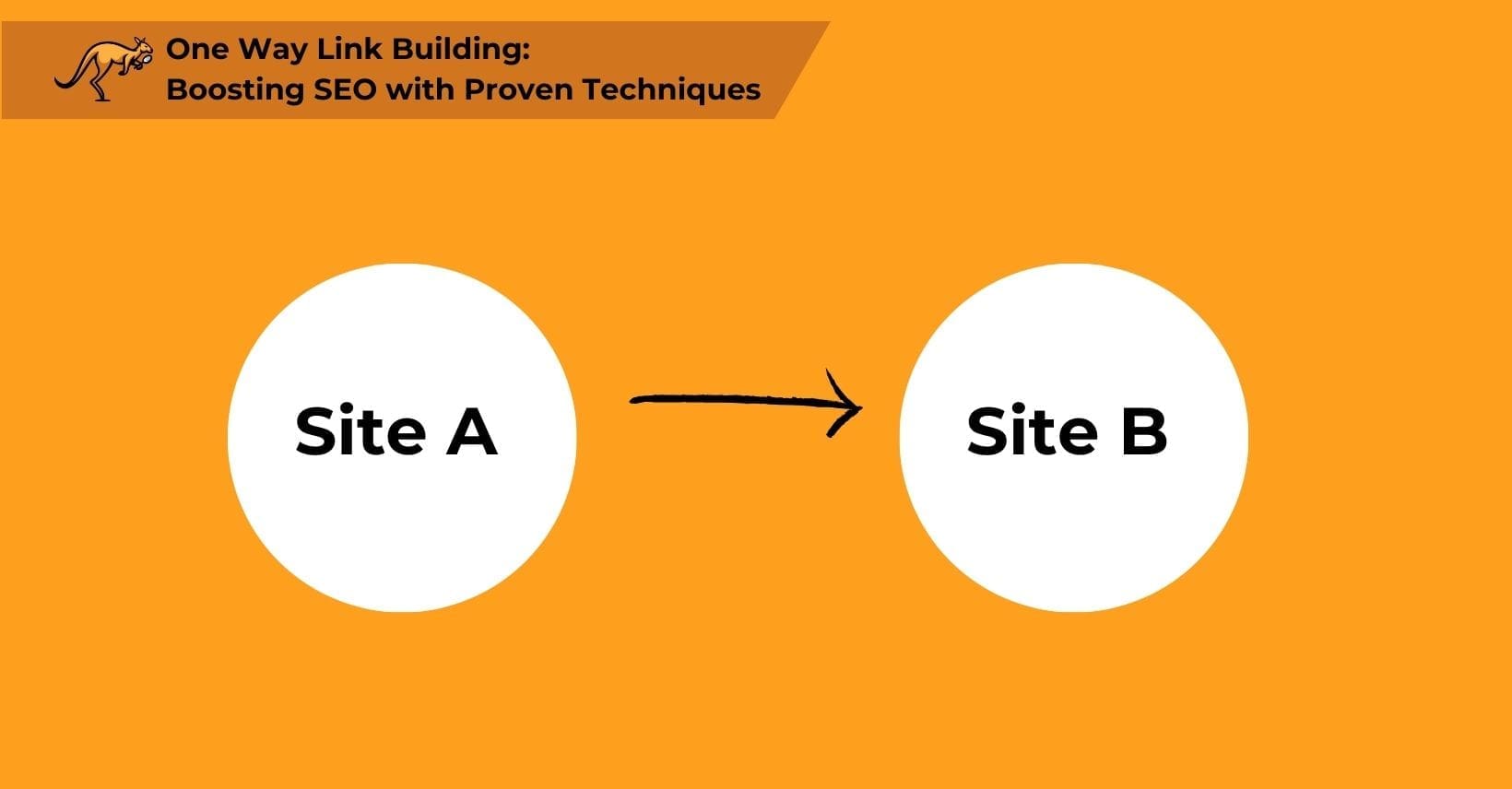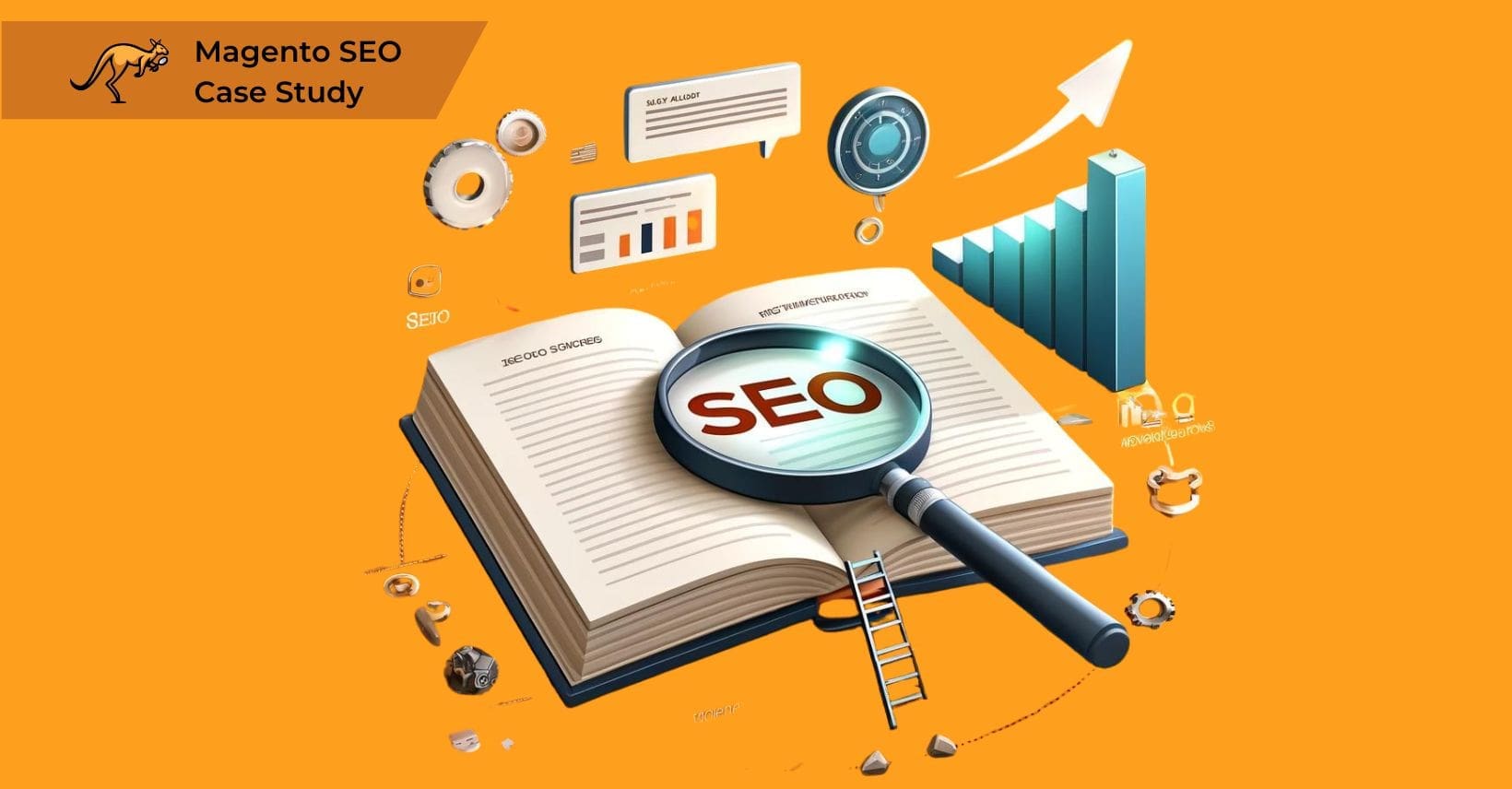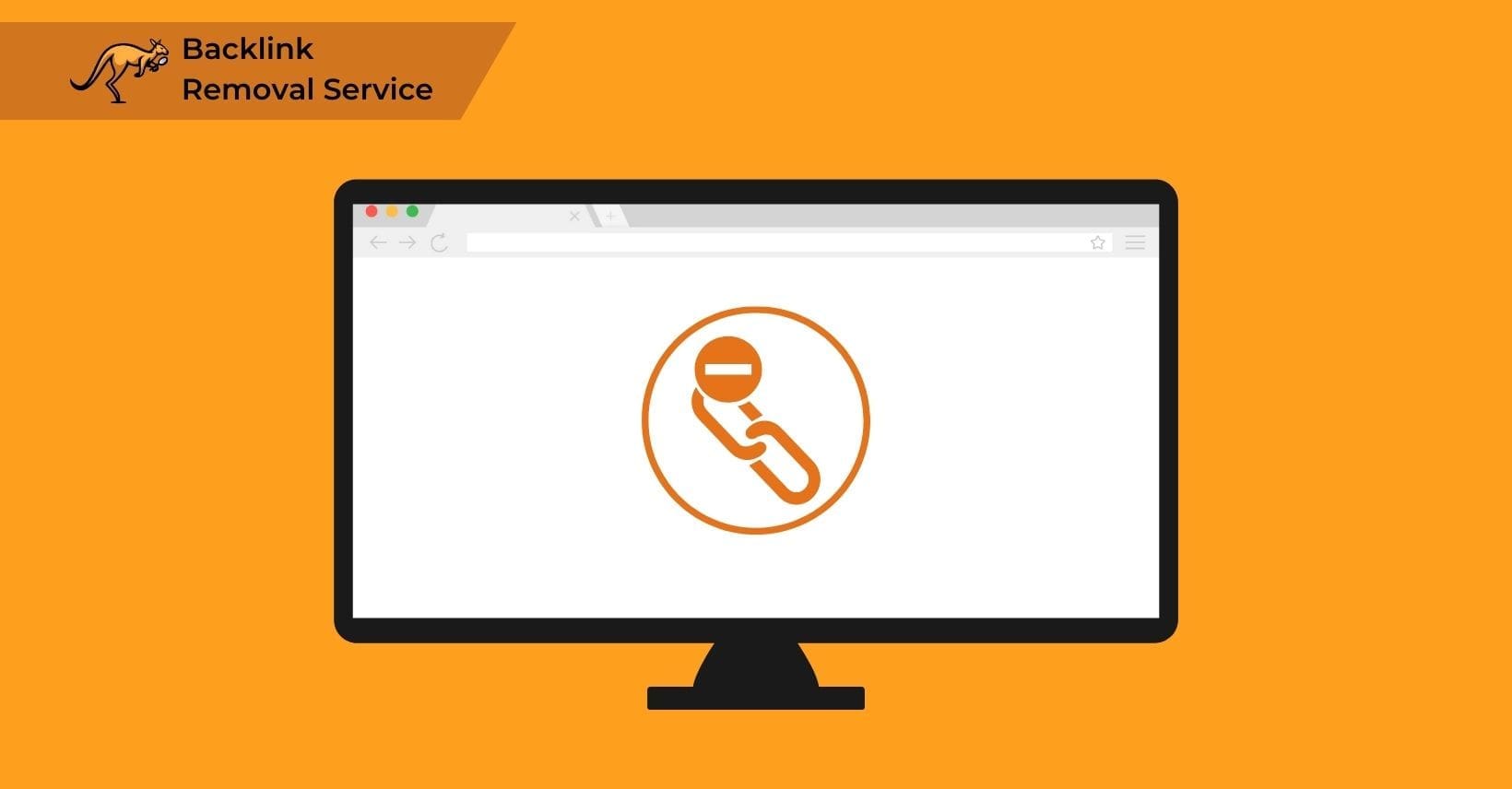Link building can be quite complex, covering a range of techniques and tactics. For those new to SEO, it’s easy to feel overwhelmed by the various options available. One-way link-building strategies are a prime example of how a straightforward concept can become very powerful when used effectively.
The idea of one-way links isn’t complicated, but using it well requires a good understanding of link building. With so many SEO approaches, it’s easy to overlook concepts like one-way links in favor of more prominent options.
They are a valuable learning technique if you’re unfamiliar with one-way links. Even in its simplest form, it can significantly impact site owners who use it correctly. Understanding the role of these links can open up new possibilities in your SEO efforts. So, what are these one-way links all about?
What are One Way Links?
One-way links are backlinks that point to your site without requiring reciprocation or payment, making them valuable “free links” that search engines interpret as genuine endorsements of your content. These links are common on blogs, entertainment platforms, and news sites, where they direct traffic to relevant content. Despite their simplicity, many people overlook one-way links.
The main advantage is that they focus entirely on your site without needing a reciprocal link or payment. Search engines often see these links as a stronger vote of confidence since they indicate that the linking site values your content.
While beneficial for SEO, building a solid link profile requires careful consideration of the quality of these backlinks. A one-way link is any link that directs you to your site without compensation. Actively creating such links can significantly boost SEO.
Understanding what makes these links valuable can further enhance their effectiveness.
What makes a Valuable One Way Link?
Valuable one-way links derive their worth primarily from their source authority, with backlinks from established, high-authority websites delivering substantial SEO impact, while links from smaller or less authoritative sites provide more modest ranking improvements.
The best way links develop organically is by blogs linking to your high-quality content as a resource, acting as a vote of confidence, and highlighting your website’s value.
These links generally follow the same rules as regular links: high-authority sites yield better results than lower-authority ones, and the quality of the website influences how search engines interpret the link. Relevance also plays a crucial role.
Links from relevant sites are more valuable than those from less relevant sources, and completely irrelevant links may not count for SEO at all. The closer the connection, the better the link.
To understand this better, let’s explore how these links function and contribute to your site’s authority.
How do One Way Links Work?
One-way link building works by earning backlinks from other websites without reciprocating, which demonstrates to search engines that your content merits independent recognition and consequently increases your SEO scores through this unprompted validation.
One-way links significantly enhance SEO performance because search engines interpret them as genuine votes of confidence from independent sources, which translates into stronger ranking signals than reciprocal links and contributes substantially to improved search visibility.
As we explore these benefits, it’s important to grasp the difference between one-way and reciprocal links, setting the stage for a deeper dive into their distinct impacts.
Understanding One-Way vs. Reciprocal Links
One-way links differ from reciprocal links because they flow in a single direction without requiring a return link, which search engines view as more natural and authoritative than reciprocal links that involve mutual link exchanges between websites.
Sites exchanged links to increase their link count, regardless of quality. Today, the focus has shifted to link quality. High-quality links are now chosen based on various factors. Simply having more links pointing to your site isn’t enough; the links must be valuable.
One-way links compare favorably to other backlink types because they pass authority without dilution, unlike reciprocal links which search engines may discount as artificial arrangements, and they outperform paid links which search engines might identify as manipulative when not properly disclosed.
Value
One-way links benefit search engine rankings by establishing your site’s authority without dilution from reciprocal arrangements, which search engines reward with higher positioning because these unidirectional endorsements signal genuine content value and relevance. This is especially true for links from authoritative sites like major brands or popular industry expert blogs.
These sites already have a lot of value, which they pass on through their links. High-quality backlinks are beneficial, but getting them directly from a site that trusts and values your content can significantly boost your search engine ranking. Trust and credibility play vital roles in maintaining this boost.
Reliability
One-way links are advantageous because they don’t require reciprocal links. Linking to inappropriate sites can negatively affect your SEO, especially with reciprocal links from low-quality sites. One-way links boost your rankings without risking damage from linking back.
Additionally, they prevent the issue of other webmasters removing their links to your site, avoiding an unfair one-way link situation.
To further enhance your strategy, considering the quality and relevance of your sources becomes essential.
Sources
Earning one-way links can be much harder. However, this also means they are usually higher-value, so it can be a worthwhile trade-off if you approach the task correctly.
Like any other kind of backlink, you do not want to focus exclusively on one-way link building. Mixing it in with other kinds of linking opportunities ensures that your link profile is not built on shaky foundations and diversifies the way that you improve your rankings.
While one-way links are far less common overall, they are not impossible to earn. Multiple methods exist to secure them (or at least make them more likely), but natural one-way links are generally more powerful than ones earned artificially.
How to Earn One-Way Links
You can obtain one-way links for your website through multiple methods including guest posting on relevant blogs, creating shareable resource pages, producing high-quality content that naturally attracts references, and utilizing paid content placement on authoritative sites within your niche. While you can pay for one-way links, managing this can be difficult.
The cost of a single link is not always clear, and you might have limited information about the sites you’re targeting. Here are some effective ways to build one-way links and the potential problems you might face.
Guest Posts
Guest posts are one of the most direct link-building methods. The right guest post can boost your authority in your industry and attract attention from targeted niches. A guest post is a paid post you write yourself, typically placed as a blog post on a relevant site.
These posts are a basic form of one-way link-building since there’s no need to link back to the original blog. Writing the article lets you control the content, ensuring it meets your needs.
Mastering guest posting can significantly enhance your link-building efforts and allow you to enjoy the advantages of this powerful strategy.
The Advantages of Guest Posting

Guest posts are a simple link-building strategy that places a link on a trusted blog. Most site owners will host paid content for a fee, and submitting guest posts is usually straightforward. If a guest post doesn’t work out, you can reuse the content on another site.
This makes guest blogging an affordable way to gain valuable links since the blogs often have “link juice” from their relevance and popularity. Once published, a guest-written post remains unless removed or the blog shuts down. Choosing the right blog can give you a long-term link from the high-quality content you wrote.
The Risks of Guest Posting
There is always a chance that guest posts may turn into broken links or be removed by the blog owner. It’s important to work with the right websites. Posting on an irrelevant blog can lead to poor link performance or even spam penalties. Some blog owners may refuse to accept guest posts, which might force you to rely on less relevant sites.
Paid and Sponsored Content
Like guest content, paid content is placed on a site for a fee. However, in this case, the site owner writes the content. This can make it more acceptable to blog owners but gives you less control over the final product.
Depending on the situation, this could lead to better link performance or a piece of content that doesn’t suit your needs. Additionally, sponsored content often involves site owners reviewing your products or services. This can effectively link to a specific product page, as product reviews are highly relevant.
Exploring other types of content can reveal further advantages in your link-building efforts.
The Advantages of Paid Content

Paid content is a great way to get inbound links with less effort since you aren’t writing the posts yourself. Selecting the right websites and approaching them for suitable content can help create one-way links that enhance your brand’s image and effectively promote a specific product or service.
Opting for popular blogs can drive significant traffic, especially if you aim to boost SEO and generate new leads.
The Risks of Paid Content
You might not know what the article will say when you’re not creating the content yourself. Some site owners may insist on including only certain details or linking to specific types of pages. Reviewers, aiming to remain unbiased, might write negative content about your brand, boosting SEO but potentially damaging your reputation. Like guest posts, there’s also the risk of the post being removed or its link breaking. If the site owner refuses to fix it, there’s little you can do.
Resources
A resource page can be an excellent source of links. Providing a resource or tutorial that others reference can lead to inbound links from various websites. These pages can be link-building goldmines if constructed properly. For example, original research-based resource pages are more likely to attract references than merely compile information from other sites. Speaking of valuable pages, let’s consider the unique benefits a well-constructed resource page can offer.
The Advantages of a Resource Page
A resource page establishes you as an industry expert and offers high-quality content that remains relevant long-term. If well-written and relevant, these pages boost link popularity, making them a cornerstone of your SEO strategy. While gathering original research can be time-consuming, creating these resources can sometimes be easier than writing typical content, focusing on relevant statistics and visual graphics.
The Risks of a Resource Page
Resource pages require extensive research, which can be time-consuming. They must balance being informative without being too broad or too niche, ensuring they attract relevant links. It’s also crucial that these resources align with your site, as unrelated links might lead to penalties. To enhance your link-building efforts further, it’s essential to consider how other organic links contribute to your overall strategy.
Other Organic Links
You do not need to create specific resources to earn links. One way link building is possible is by simply creating pages that others will want to link to, even if there are no major resources or statistical breakdowns.
The only limits to this depend on what you can fit into the relevant site: specialized storage pages, product breakdowns, how-to guides, video content pages, interactive experiences, or even well-written blog content.
The pros and cons of doing this vary wildly based on the content you create, and there is no specific one-stop solution to building these links. Like most things in link building, you need to be reactive and proactive, always keeping your brand and goals in mind.
Spreading Your Brand
If all else fails, you can try to push for more link-building opportunities by getting your brand in front of more people. This can mean running ads, posting on community forums, or even creating new social media accounts to draw in more users.
Anything that drives attention to your site can bring more natural links to it. A seasonal sale might get you links from sites about online deals. At the same time, a product announcement could grab the attention of niche community sites looking for new products.
There is no guarantee that all of these links will be good, but having more is always better than having fewer. Even if some are not worth your time, you can simply cut off the unwanted links in various ways.
Managing your One-Way Link Building Strategy
The actual link building within this one-way link building is only part of the process. Building links is important, but you must also manage those links to maximize them.
One-way link building carries risks including potential penalties from search engines if links come from low-quality or irrelevant sources, vulnerability to negative SEO attacks where competitors create harmful backlinks to your site, and wasted resources when pursuing links that deliver minimal SEO benefit or traffic.
There can be a lot to consider when you are building links specifically to boost your rankings in search engines, including:
Bad Links
Not all links are good. When you build links, you are always going to have at least a few that are not worth keeping—spam sites, poorly made blogs, or just good sites that are not relevant to your needs whatsoever.
Compensating for these bad links or removing them entirely is important. Quality is more important than quantity; too many bad links might damage your rankings or even penalize you by some search engines.
Link Location.
A link’s position can matter more than you might think. For example, in guest blogging, you want your links to be placed on the page’s main body if possible.
Trying to build links in headers, footers, or other page parts will lead to less effective outbound links, even if the outbound link is the same.
Opportunities
Never turn down a good link exchange opportunity because you are focused on one-way links.
It is easy to get tunnel vision when working on a specific project, but SEO relies on a variety of link types—do not exclude potentially lucrative options.
Minor and Major Search Engines
Some search engine platforms are more important than others. For example, Google penalties will hit harder than penalties on more niche search engines.
If you have to prioritize, focus on search priorities that are most relevant to your audience and are most likely to bring in the traffic you want.
There is no point in becoming more discoverable on a site with less than 1% of all search traffic, especially if it damages your position on more popular sites.
Anchor Text
It is important to use the right anchor text for each link. While it can seem daunting to identify links and their anchor text individually, you want an inbound link to have relevant anchor text to the target page.
Anchor text is not just a matter of link quality. Bad anchor text (or good anchor text on an unrelated site) might lead to Google penalties.
This is especially true if your link profile is full of obviously spammy sites that have suspiciously created a single page related to your business despite the rest of the site being unrelated.
Broken Link Building
Broken links can be both a blessing and a curse, depending on how they are handled. Most broken links occur when the linked page or URL no longer exists, leading to either an error page or a redirect to the main page of the target site.
Encountering broken links can provide an opportunity for link reclamation, where the link is adjusted to point toward a page that actually exists.
Natural Links
You want each link to appear natural if possible. While dedicated link-building sites can give you easy links, those are not naturally earned and usually do not feel like natural links to search engines.
While having some paid links in there is fine, you want to put at least some effort into maintaining the pretense that all links are natural. Some search engines hate forced links and will tank your page ranking for having too many artificial backlinks pointing at your site.
Keyword Research
Always understand the kind of search results that are relevant to your business.
This does not just mean the terms people in your audience use but also the terms people use to find your business.
Knowing the right keywords can help you form a strong link-building campaign based on the search results for which you have the best page rank and relevancy levels.
Scams and Attacks
Remember that malicious third-party attacks are still a possibility.
Some companies resort to black or grey hat tactics that harm their competition. While this is frowned upon and often prohibited, some still manage to get away with their attempts to drag down their opponents.
There are always ways to remove links you do not want or separate yourself from scam sites that suddenly link to your website. A good link builder is prepared to cull bad links as soon as they appear.
Pursuing One-Way Inbound Links
One-way links are vital to building a strong link profile and should not be ignored. Whether you find them through broken link building, paid content, or natural means, securing high-quality links is essential.
These links signal to search engines that your site is trustworthy and authoritative. As you strive to enhance your link-building strategy, it’s helpful to consider the expertise and resources that specialized agencies bring to specialized
How Link-Building Agencies Enhance Your One-Way Link-Building
Link-building agencies enhance your one-way link-building by identifying authoritative sites in your niche. They use their network to secure valuable links, boosting your site’s SEO performance.
Agencies research to ensure links come from reputable sources, improving search rankings and driving targeted traffic. They also guide content creation to make it compelling and link-worthy, attracting natural links.
Outsourcing to a professional agency saves you time and effort while delivering superior results, allowing you to focus on other business aspects. With their expertise, finding the right partner for your one-way link-building efforts becomes crucial, and that’s where Searcharoo excels.
Why Searcharoo is Your Ideal Partner for One-Way Link Building
At Searcharoo, we are your ideal partner for one-way link building because of our proven track record and thorough approach. Understanding SEO dynamics deeply, we ensure our links are relevant and authoritative, enhancing your site’s trustworthiness in search engines.
Our team uses advanced technology to analyze and identify the best linking opportunities that fit your business goals.
We prioritize transparency and etiquette, ensuring our methods align with the latest SEO guidelines to avoid penalties. We also offer personalized link-building tailored to your needs; maximizing the benefit of each Searcharoo means partnering with a team that drives your SEO success with effective and sustainable one-way link-building techniques.
The Path Forward in Link Building
Link building is an essential component of SEO that encompasses a variety of strategies, each with its advantages and challenges. One-way links, in particular, offer a straightforward yet impactful method to enhance your site’s authority and search engine rankings. These links, earned without reciprocation, signal to search engines that your content is valuable and trustworthy, making them a powerful asset in your SEO toolkit.
While acquiring high-quality one-way links can be time-consuming and demanding, their benefits to your SEO efforts make them well worth the investment. Creating valuable, relevant content that naturally attracts these links allows you to build a strong, diverse link profile that supports long-term success.
As you refine your link-building strategy, remember the importance of quality over quantity and the need for a balanced approach. Incorporating a mix of link types and maintaining relevance to your site’s niche will help you achieve sustainable growth in search engine rankings.
Finally, don’t overlook the potential of other organic links to complement your efforts. By staying informed and adaptable, you can confidently navigate the complexities of SEO and achieve your goals more effectively.





